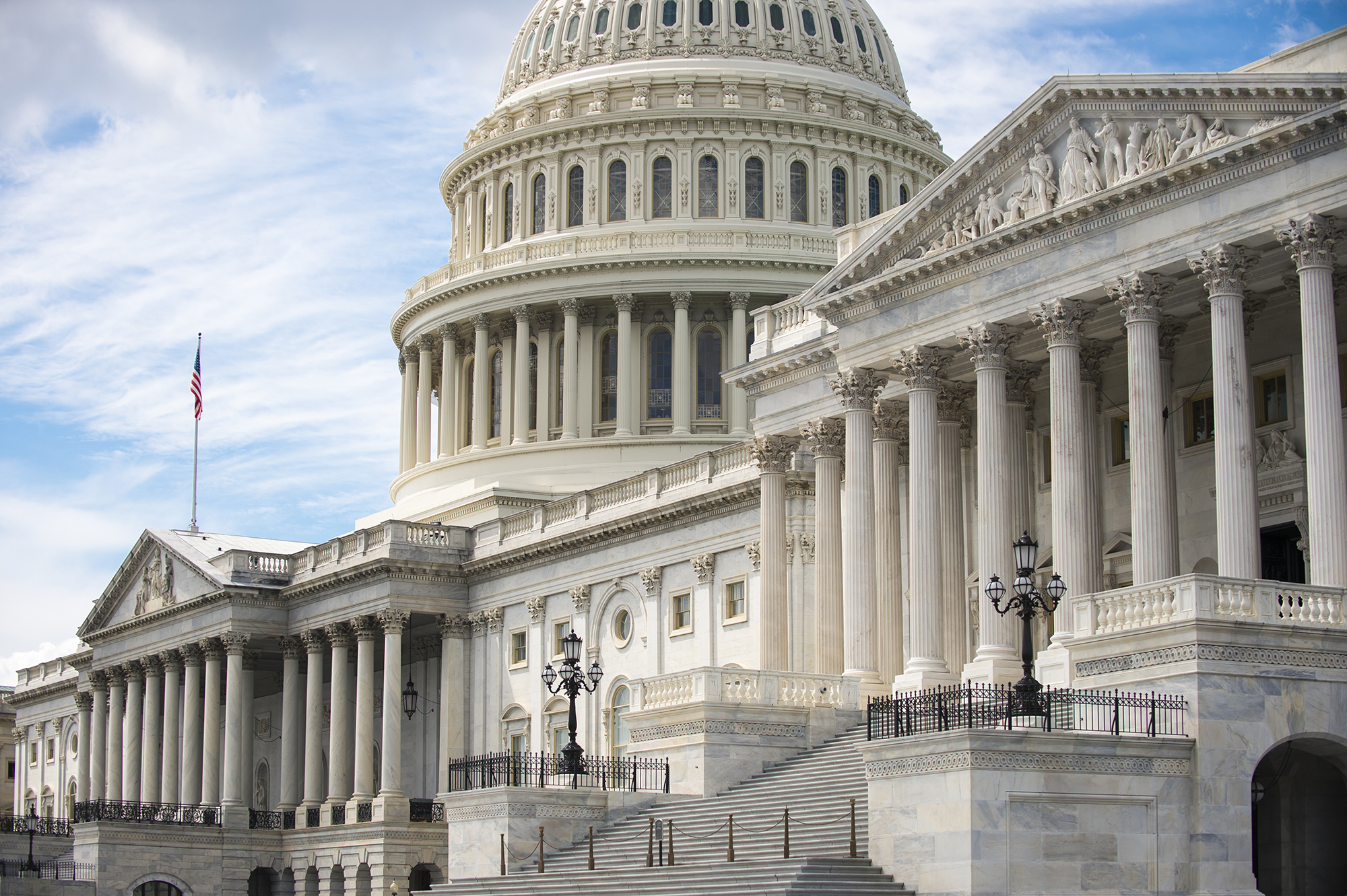Congressional leaders Thursday closed in on a $900 billion stimulus deal that includes more than $54 billion worth of aid for public schools, funds that Hawaii could use to stop or lessen the effects of furloughs scheduled to start in January and millions worth of public school cuts that could take effect next school year.
As of Thursday, the federal aid package included $82 billion for education providers, according to media reports:
- $54 billion K-12 Emergency Relief Fund (for public schools)
- $7.5 billion CARES Act Governors Emergency Education Relief Fund (for governors to spend on education at their discretion)
- $20 billion Higher Education Emergency Relief Fund (for universities and colleges)
- $2.5 billion for private schools
“The governor should give Congress and the Hawaii State Legislature time to approve another stimulus bill or find other ways to increase revenue,” before beginning furloughs, said Hawaii State Teachers Association President Corey Rosenlee.
On Monday night, the Hawaii Department of Education notified educators that they would be furloughed from six to 10 days from January through June of 2021, starting Jan. 4.
Hawaii legislative leaders have publicly stated that it is too early for furloughs and they are trying to find other solutions.
“Gov. David Ige claims he has no choice but to implement furloughs. This is not true. He has options other than furloughs,” Rosenlee said.
Read Rosenlee’s written testimony submitted to the Board of Education about furloughs.
At the end of this fiscal year, on June 30, 2021, the state will have an estimated $546 million surplus. When you add in other reserve funds, the surplus total climbs to $614 million. By comparison, the governor’s furloughs would save a little more than $140 million over the next six months, an amount that would easily be absorbed by the state’s current surplus.
In Washington, D.C., top Democrats and Republicans in Congress haggled Thursday over a handful of remaining stimulus package issues that could help determine how much power President-elect Joseph R. Biden Jr. will have to act once he takes office to provide additional help for the sputtering economy, The New York Times reported.
Democrats Thursday made a last-ditch effort to provide emergency aid to states, which they argued was critical to helping states weather the pandemic and avoid huge layoffs and cuts in services that could reverberate through the economy, the newspaper said. Republicans worked to limit the power of the Federal Reserve to bail out businesses, municipalities or other institutions in the future, the Times reported.
Both disputes could carry heavy consequences for Biden, who will take office facing a cascade of fiscal crises in states around the country — which will be even more dire if Congress fails to provide at least some assistance now. And reining in the Fed’s lending authority could close off crucial avenues for his administration to stave off more economic havoc.
With Congress running out of time to cement a stimulus agreement and avoid a government shutdown on Friday, leaders remained optimistic that they would ultimately find a resolution, although their wrangling could bleed into the weekend.
“We made some progress this morning,” House Speaker Nancy Pelosi of California, told reporters at the Capitol. Asked if a final agreement would be announced by the end of Thursday, she said: “We’ll let you know.”
The plan under discussion would provide a dose of badly needed relief after months of stalled negotiations and amid a national public health crisis that has killed more than 307,000 people.
That includes a new round of stimulus payments, probably $600, to American adults; a temporary infusion of enhanced federal jobless aid of around $300 per week; and rental and food assistance. It would also revive a loan program for struggling small businesses and provide funding for schools, hospitals and the distribution of the vaccine.
With plans to merge a final agreement with a sweeping omnibus government funding package, Congress may have to approve another stopgap spending measure to avert a government shutdown on Friday while negotiators put the finishing touches on the stimulus deal. Majority Leader Sen. Mitch McConnell (R, Kentucky) warned Republicans on Wednesday that they should prepare to remain in Washington through the weekend.
“I hope it wouldn’t be more than 24 or 48 hours,” Sen. John Thune of South Dakota, the No. 2 Republican, said of a possible stopgap bill, adding, “I really think this is coming to a close.”
Pelosi, Sen. Chuck Schumer of New York, the minority leader, and Steven Mnuchin, the Treasury secretary, spoke late Wednesday evening to continue ironing out differences over the measure, a spokesman for Pelosi said, and their aides continued talks throughout the day on Thursday.

